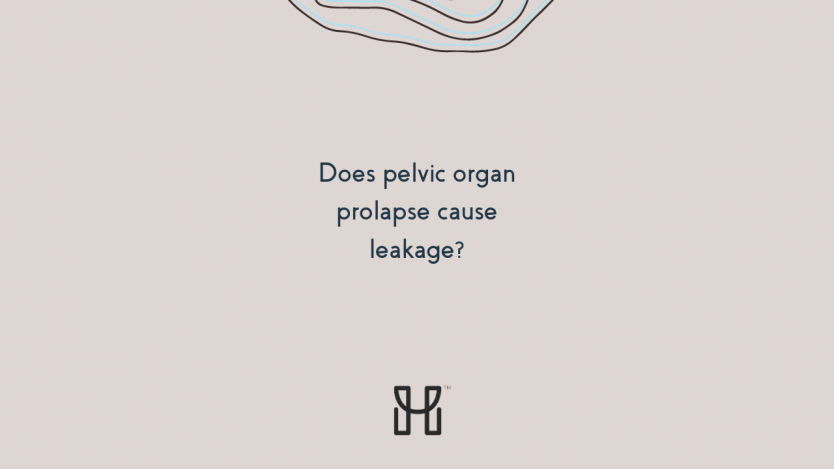All About Pelvic Organ Prolapse
Question: “Does pelvic organ prolapse cause leakage?”
Answer from Dr. Daniel Gruber, urogynecologist from Sibley Memorial Hospital in Washington D.C., part of John Hopkins medicine.
In short, it definitely can.
So, as the front of the vagina bulges, like in a cystocele, the urethra follows behind it. The urethra needs support in order not to leak, and it no longer gets that support in this case.
For example, as you push down, cough, laugh, sneeze or exercise, then the urethra squishes up against the front wall of the vagina, and it is supported – that’s how it prevents leakage.
But then think about the urethra as if it were, let’s say, a garden hose on a driveway. If we stood on the garden hose on the hard surface and squished it, we would its stop leakage. But if you take that same garden hose, and you put it a soft surface, say on sand or on the grass, then it just would duck underneath when we stepped on it. Water would continue to come out of the hose, and that’s just like leakage.
When the front wall of the vagina loses that support, which is part of prolapse, that’s how it can lead to stress incontinence. Overactive bladder is from issues upward in the bladder, including some nerves and other things, so that’s typically not as related to prolapse. But both conditions can definitely can be caused by pelvic organ prolapse.




















